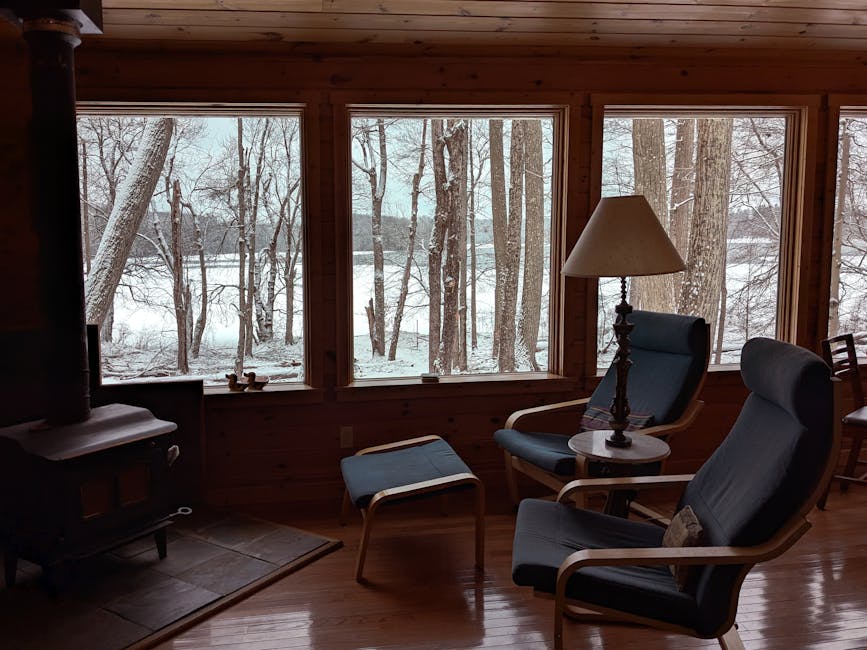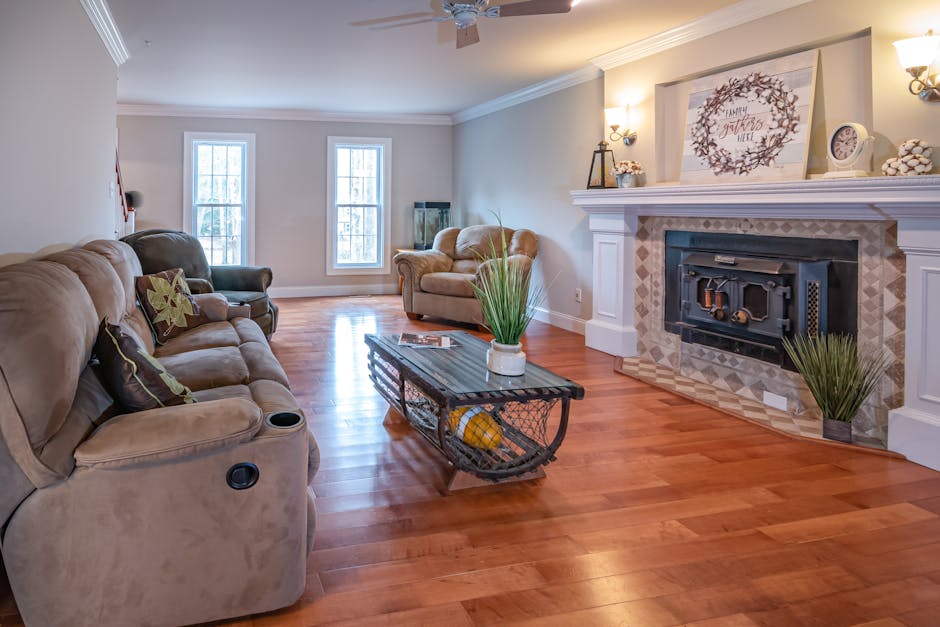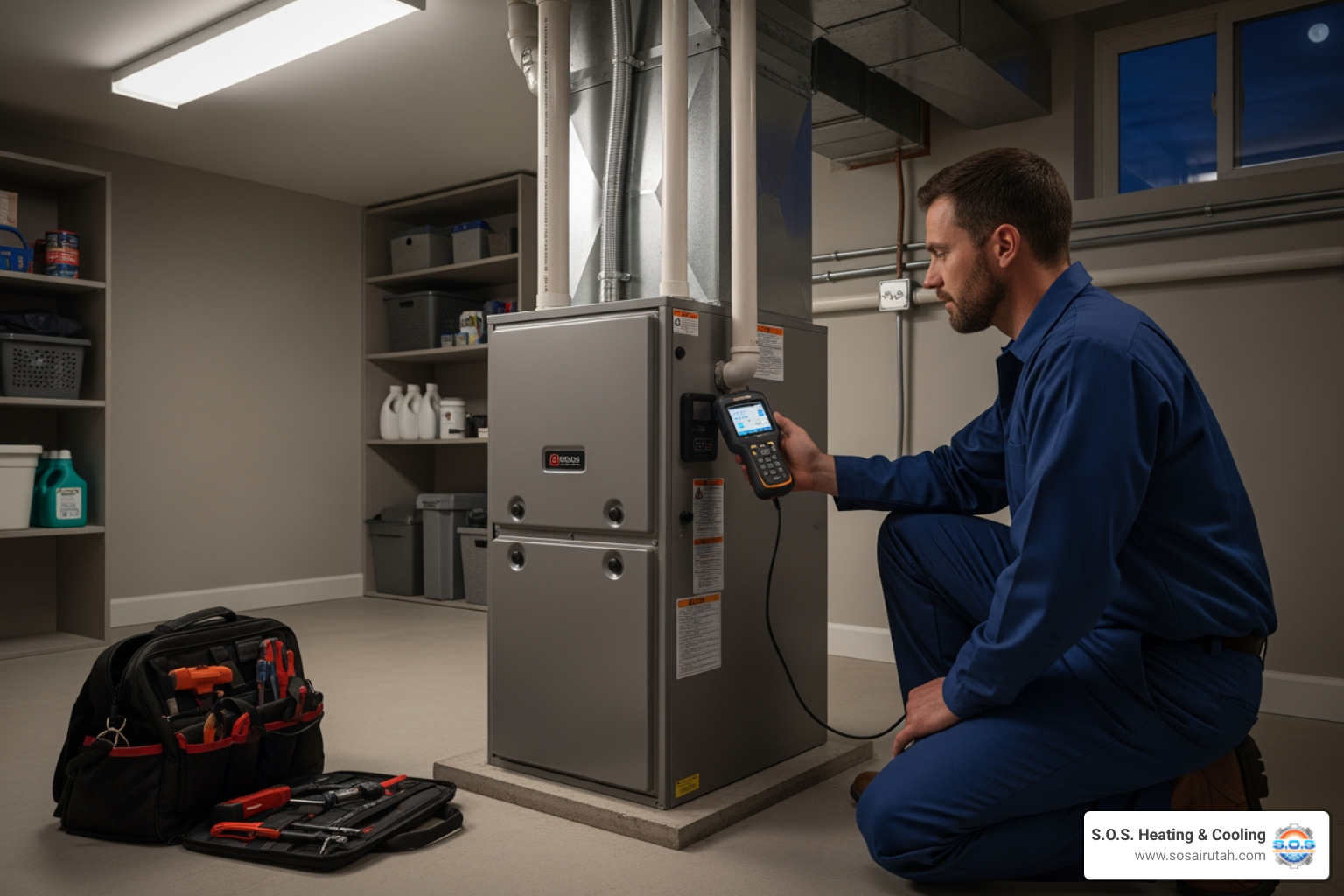
When summer hits Millcreek, homeowners rely on their air conditioning systems to keep indoor temperatures comfortable. But when a cooling system suddenly stops working or starts acting up, it can cause more than just discomfort—it can disrupt daily life. One common part that often fails without much warning is the AC contactor. This small but important component is responsible for transmitting electric current from the thermostat to the compressor and fan motor, allowing the unit to turn on and off as needed.
When the contactor malfunctions, the system may refuse to start or run unpredictably. These issues can leave you sweltering in the middle of a hot afternoon. Knowing the warning signs early and understanding the causes can help keep your system in control before complete failure occurs. Let’s look at how to spot these problems and what might be causing them in the first place.
Signs of AC Contactor Issues
The contactor is like a switch that controls the power flow to the key parts of your AC unit. When this switch sticks open or closed, your system’s normal function is interrupted. Recognizing the symptoms early can help nip problems before they get worse. Here are common signs that the contactor might be failing:
1. AC unit not turning on
If you lower your thermostat but the outdoor unit does not respond and the fuse or circuit breaker is not tripped, the contactor could be stuck open.
2. Strange noises from the AC unit
A humming or clicking sound from the outdoor unit might point to a contactor struggling to engage or disengage. This could mean the internal coil is weakening or electrical connections are loose.
3. Frequent cycling on and off
If your AC turns on and off too often without keeping your home cool, this cycling may be caused by the contactor sticking.
4. AC blowing warm air
When the compressor does not run properly due to a faulty contactor, the unit might still blow air, but it will not be cooled.
An example from a homeowner in Millcreek highlights this well. After noticing their system turning on without actually cooling the home, they called a technician who found the contactor was burned out. Replacing it fixed the problem and helped avoid further damage.
Common Causes of AC Contactor Problems
Understanding why these issues come up can help prevent larger failures. Most contactors fail due to wear and tear, but several factors can speed up the breakdown. If your AC system is frequently exposed to harsh weather, debris, or inconsistent power, the contactor can be at greater risk.
Here are some of the most common causes:
1. Electrical arching
Over time, the internal points of a contactor may begin to arc, especially when the unit cycles often. This produces heat and damages the contact points.
2. Debris and outdoor contamination
Dust, grass, insects, and other particles can enter the outdoor unit and settle on or around the contactor. This debris can block movement or cause the contactor to stick.
3. Corrosion from moisture
Humid conditions or rainwater getting into the unit can corrode the contactor’s coil or terminals, making it hard for the part to create a solid connection.
4. Age and usage
Like any electrical component, contactors wear out over time. The more your unit cycles throughout the summer, the more stress is placed on it.
By recognizing the signs and knowing what triggers them, problems with an AC contactor can be handled before bigger breakdowns happen. From this point, the focus shifts to how these issues should be repaired, and more importantly, why calling in trained professionals should be your next step.
Solutions and Repairs for AC Contactor Issues
Fixing an AC contactor problem starts with accurate diagnosis. Since the contactor connects power to key components like the compressor and condenser fan motor, a failure here can impact your entire AC system. When this part malfunctions, replacing it is typically the most effective solution. In some cases, cleaning debris off the contactor or tightening loose terminals can temporarily restore function. However, this seldom addresses the root of the issue and can lead to repeat failures.
Homeowners should avoid trying to repair or replace a contactor themselves. Even with the power off, an AC unit stores enough electricity to be dangerous. Our professionals have the tools and training to handle these repairs safely. We also use proper testing methods to check the circuit and confirm whether the contactor is the actual issue or a symptom of a deeper problem, such as a power supply fault or thermostat issue.
In certain cases, other components like capacitors or wiring might also need attention when dealing with a failed contactor. It is not unusual for a bad contactor to affect nearby parts due to arcing or overheating. That is why our technicians always examine surrounding components before completing the repair. A proper fix does not just involve swapping out the faulty part but makes sure the entire system is running smoothly.
Waiting too long to address these problems can cause damage to spread to other electrical parts or motors. Even if the system appears to work on and off, neglecting issues can increase repair costs over time.
Preventative Maintenance to Avoid Future Contact Problems
AC contactor problems often develop slowly, especially during long periods of operation in the hot Millcreek summer. Preventative maintenance is one of the best strategies to avoid these issues. With consistent service, you can catch minor problems before they turn into serious ones.
Here are a few steps homeowners can take:
1. Schedule AC system tune-ups at least once before the peak summer season
2. Replace air filters often to reduce strain on the system
3. Trim plant growth and remove debris from around the outside unit
4. Keep pets and children away from outdoor equipment
5. Watch for signs of corrosion or burnt smells coming from the AC
6. Listen for unfamiliar noises during system start-up
Regular service gives a technician the chance to check for loose connections, worn-out parts, and signs of early failure. Since contactors are buried inside the unit, many problems are not visible unless someone with experience inspects the equipment. Small mechanical wear, slight pitting on the contacts, or early corrosion can easily go unnoticed until the entire unit stops working.
A Millcreek family recently experienced the benefit of preventative service. Their technician spotted wear on the contactor during a seasonal tune-up and suggested a replacement. This quick, low-cost step avoided a total breakdown in the middle of a heatwave—while a neighbor, who had not scheduled service, ended up with multiple part failures and much higher repair costs.
Ensuring Smooth AC Operation in Millcreek
Keeping your air conditioning system working properly throughout the summer in Millcreek depends on catching problems early. A faulty contactor is one of the parts that can shut down the whole system fast and without warning. Power interruptions, warm air, or strange noises can all point to a problem before the full breakdown occurs.
The sooner you act, the simpler the fix. Whether the issue is with the contactor itself or something it affects, professional inspection and repair provide peace of mind. Millcreek residents who handle minor signs right away avoid more costly repairs and longer periods without cooling.
Seasonal maintenance plays a big role in this. Inspections, cleanings, and basic part replacements help extend the life of your air conditioner and limit unexpected failures. Knowing that your system was checked and cleared by trained technicians makes it easier to relax and enjoy the cooling it provides.
If signs of AC contactor trouble begin to show—or if it has been a while since the last inspection—now is a good time to schedule service. Keeping your home comfortable this summer is easier when you tackle issues early and stay ahead with ongoing care.
If you want to improve your cooling system's performance and prevent future issues, consider professional AC installation in Millcreek to enhance your unit's reliability and efficiency. S.O.S. Heating & Cooling is dedicated to helping you maintain a comfortable and worry-free home. For a quick estimate or to book a service visit, please contact us today.
Explore Our Latest Insights and Updates in Plumbing Services

The Farmington Homeowner's Handbook to Furnace Maintenance

What are the top-rated companies for furnace replacement near me in South Jordan?

Rapid Relief: Emergency & Same-Day Furnace Maintenance in South Jordan






.avif)